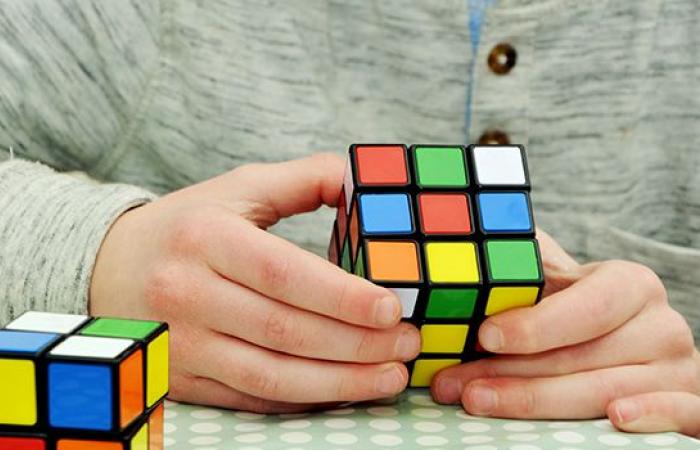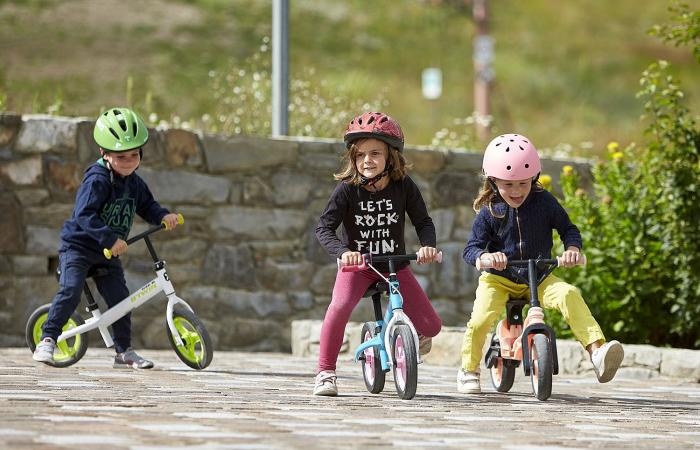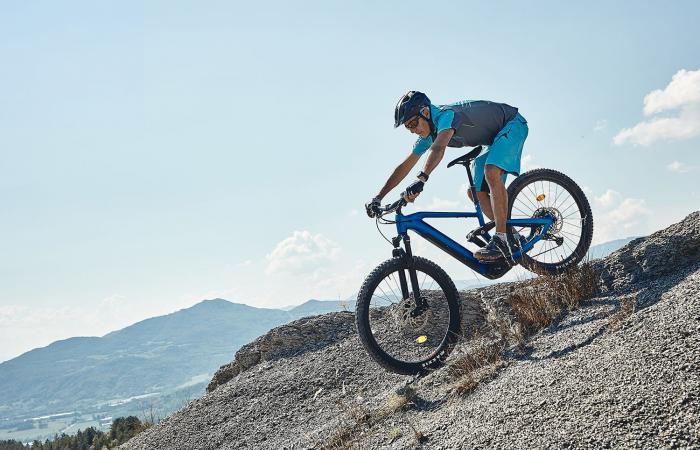Published on06/13/2024has07:58
The idea that intellectual and athletic skills are incompatible is a persistent myth. We come to bring a little nuance…
Contrary to this belief, numerous research shows that practicing sports, especially among young children, can improve conceptual intelligence. By solving motor problems, children develop skills that result in better cognitive performance.
This suggests that sport mobilizes resources useful for problem solving in various areas, going beyond simply improving alertness and oxygen delivery to cells.
The term “neuromuscular” indicates a close interaction between muscles and neurons. Athletes, to optimize their performance, must refine their techniques and rely on acquired automatisms. This interdependence highlights the importance of collaborative relationships between the muscles and the brain.


Sports and intellectual demands
Some sports require more intelligence than others. For example, a pool swimmer has a stable, predictable environment, while a whitewater swimmer must constantly adjust their movements based on currents and waves. Likewise, an indoor speed climber is less cognitively challenged than a climber in a natural environment. Indoor team sports, like basketball, require rapid and continuous decision-making as players must manage multiple variables simultaneously.
Cycling and intelligence
In cycling, mountain biking is particularly neuromuscularly demanding, especially on technical terrain with many obstacles. Cyclists must constantly analyze and react to their environment, thereby taxing their neuromuscular connections. On the other hand, road cycling involves less uncertainty, allowing cyclists to concentrate mainly on the energy management of their effort.
Development of intelligence through sport
Motor skills are essential to the development of intelligence in children. Physical activity stimulates neuromuscular maturation and facilitates access to cognitive concepts. Strength training, in particular, improves memory, attention, reaction time, task planning and spatial organization. This is beneficial not only for young people, but also for seniors, who can maintain intellectual alertness through daily bodily mobilization.


Mountain biking requires increased attention.
Practicing sports, in a club or individually, promotes not only physical development but also social and cognitive intelligence. By combining physical training and intellectual engagement, athletes of all ages can benefit from a synergy between body and mind, contributing to better overall health and optimized performance.
Text: Jean-Pierre Giorgi, inspired by the text by Daniel Jacob, federal instructor published in the magazine Bicycle tourism (n° 745) from May 2024 – Photo One: Pixabay – Photos article: Jean-Luc Armand









